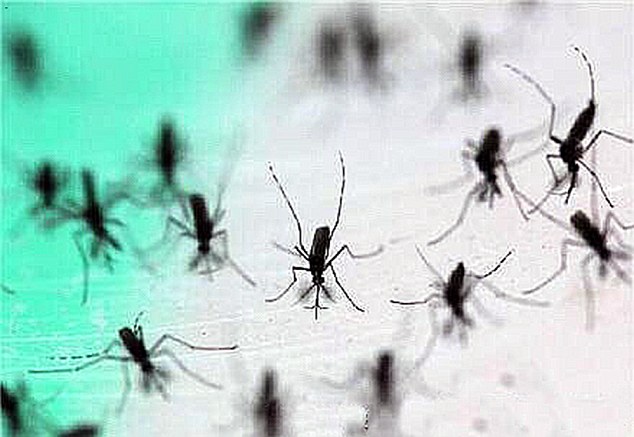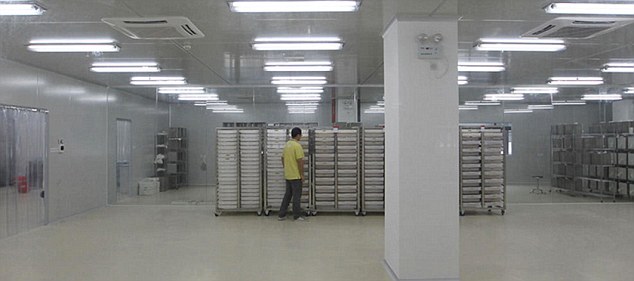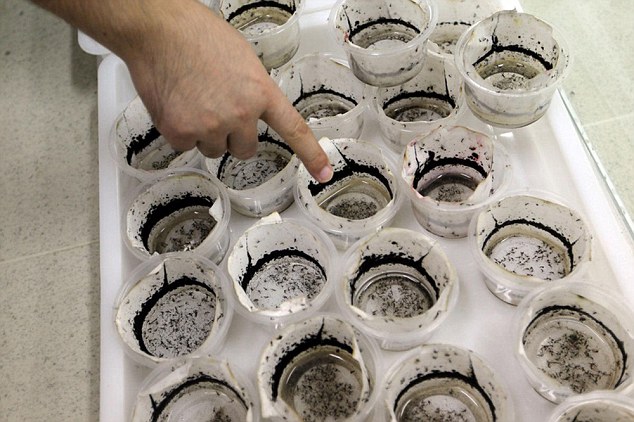বিশ্বের সবচেয়ে বড় মশার কারখানা, প্রতি সপ্তাহে ছাড়া হবে লাখ লাখ মশা!

বিশ্বের সবচেয়ে বড় মশার কারখানা খুলেছে চীন! দীর্ঘ দিন থেকেই একানে মশার চাষ হচ্ছে। পরিকল্পনা অনুযায়ী, প্রতি সপ্তাহে এখান থেকে লাখ লাখ মশা ছাড়া হবে। তবে এর পেছনের উদ্দেশ্য আছে। সেটি হলো ডেঙ্গু প্রতিরোধ।
চীনের শাজি আইল্যান্ডসে ডেঙ্গুর প্রকোপে প্রতি বছর বহু মানুষের মৃত্যু হয়। এছাড়া মশাবাহিত নানা রোগে আক্রান্ত হয় অনেক মানুষ। তাই উত্তর-পশ্চিম গুয়াংঝু প্রদেশের প্রশাসন মশা উৎপাদনের কারখানা স্থাপনের সিদ্ধান্ত নেয়। এই কারখানায় জীবাণুমুক্ত মশা চাষ করা হবে। এরা হবে জেনেটিক্যালি মডিফাইড মশা। অর্থাৎ ডেঙ্গু-সহ নানা মশাবাহী রোগের জীবাণু বহন করবে না এসব মশা। তাতে সাপও মরবে, লাঠিও ভাঙবে না। জীবাণুমুক্ত মশা উড়বে। এসব মশা কামড়াবে, কিন্তু রোগের ভয় নেই। বাস্তুতন্ত্রেও বিঘ্ন ঘটবে না।

কারখানার টিম লিডার সি ঝিওং জানান, পরীক্ষামূলকভাবে ব্যাপক সাফল্য মিলেছে এই পরিকল্পনায়। রোগ সৃষ্টিকারী প্রায় ৯০ শতাংশ মশা কমানো যাচ্ছে।

গত বছরই চীনে প্রায় ৫০ হাজার মানুষ মশাবাহীত রোগে আক্রান্ত হয়, এতে প্রায় ২২ হাজার মানুষের মৃত্যু হয়। বেশিরভাগই গুয়াংঝু প্রদেশের বাসিন্দা।

































মন্তব্য চালু নেই